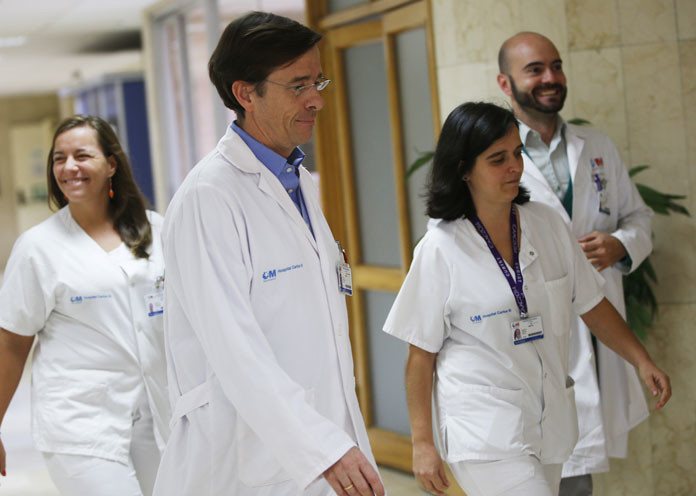Public policies on health personnel in countries belonging to the Organisation for Economic Cooperation and Development (OECD)
The Organisation for Economic Co-operation and Development brings together 37 countries and its mission is to promote policies that improve economic and social well being of people around the world
Promote a better fit and more efficient use of the skills of health professionals
There is evidence of a significant mismatch between the skills of health professionals and the needs of skills to their jobs. Based on the survey of 2011-2012 Programme for International Assessment of Adult Competencies (PIAAC, for its acronym in English) it reported that about 50% of doctors and 40% of nurses were underqualified to some of the tasks they performed; Meanwhile, it was reported that an even higher percentage were overqualified (70% to 80% of doctors and nurses), indicating a significant loss of human capital.
The underqualified requires two types of explicit measures: 1) reforms to the curricula of training programs and early childhood education to ensure that health professionals acquire new skills to perform well in the new models of service delivery health, including greater teamwork skills; and 2) promote continuing well-designed professional development programs to ensure that the skills of doctors and nurses adapt to new tasks and job requirements.
Regular recertification systems can be strong incentives for doctors and nurses to continue honing their skills throughout their professional lives. From 31 OECD countries, only 12 have implemented a mandatory policy of continuing professional development for doctors linked to a regular recertification in 2012-2013.
Nurses with an advanced university degree are much more likely to report that they are overqualified for the work they perform compared to those with less preparation. Broadening the scope of professional practice of these much more prepared nurses would allow them to use their skills more fully.
In view of the large amount of public resources for education and training of health professionals it is essential to have training programs designed properly, even greater recognition of practical training in the workplace, as well as more efficient use of human resources in the workplace, to ensure a higher return on public investment.









